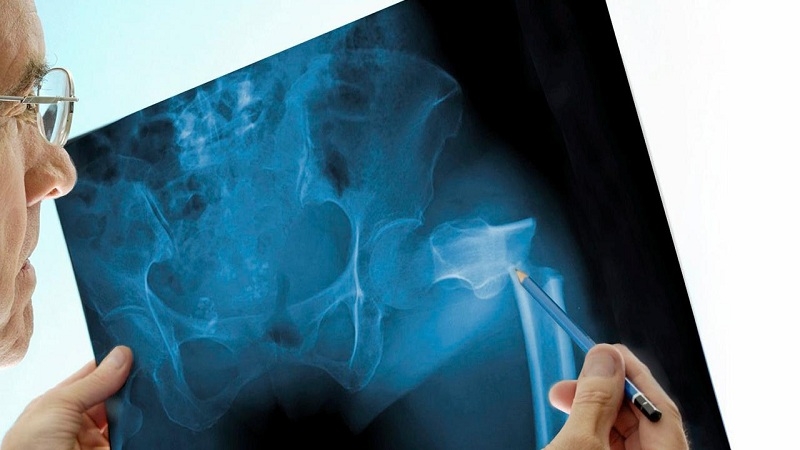300,000 break their hips each year. Calcium and vitamin D could cut that number, research says.

A fractured hip - one of the most common bone breaks experienced by the elderly - sends more than 300,000 people 65 and older to the hospital each year, according to the Centers for Disease Control and Prevention. New research, however, suggests that taking both calcium and vitamin D supplements could trim that number.
Analyzing data from 17 studies, involving nearly 84,000 people, most in their upper 60s or older, researchers found that those who took both supplements were about 16% less likely to break a hip and 6% less likely to break any bone. By comparison, no protection from bone breaks of any sort was found for those who took only vitamin D, according to the research published in the journal JAMA Network Open. Long billed as essential for healthy bones, calcium and vitamin D work together.
Calcium is a key nutrient for building strong, dense bones and protecting them from the weakening effects of osteoporosis. But the body needs vitamin D to absorb calcium. Good sources of calcium include milk, cheese, yogurt, broccoli, cabbage, leafy greens, and food and drink fortified with calcium, such as cereals and orange juice. For most people, sunlight is the main source of vitamin D. It is naturally present in only a few foods - egg yolks and fatty fish, for instance, as well as milk fortified with vitamin D.
Among the thousands of hip fractures each year, women experience three-fourths of them, and more than 95% are the result of a fall, according to the CDC. To prevent these fractures, experts recommend weight-bearing and other exercises that strengthen bones and muscles, such as walking, running, climbing stairs and lifting weights. Needed amounts of the two key nutrients vary by age, but most recommendations for adults suggest 1,000 milligrams (mg) of calcium daily from food and - if necessary - supplements, increasing to 1,200 mg for women 50 and older and men 70 and older.
For vitamin D, if food and sunshine prove insufficient, adults 50 and older should get 800 to 1,000 IU of vitamin D daily from a supplement, according to the National Osteoporosis Foundation. Talk with your doctor before taking supplements.





